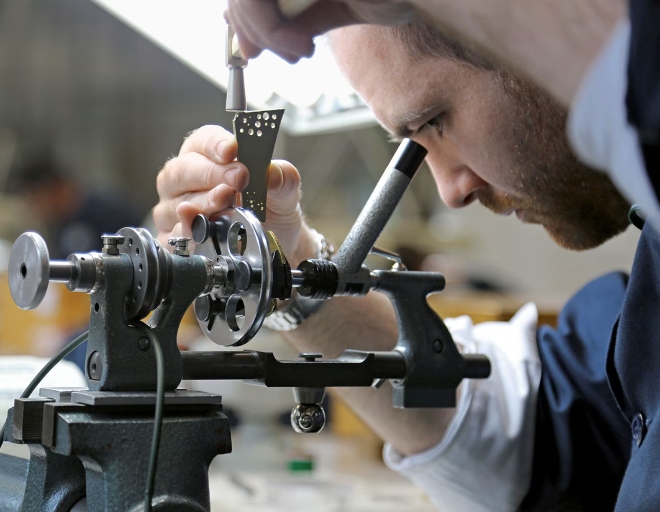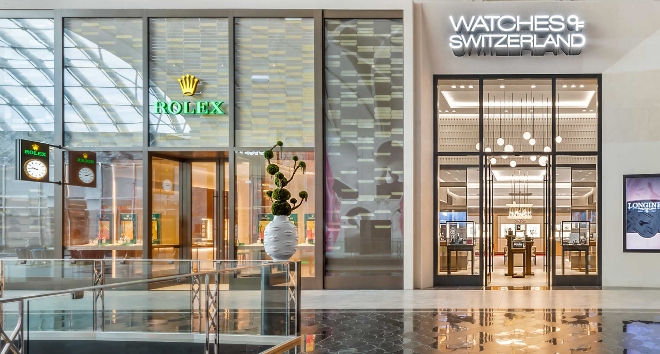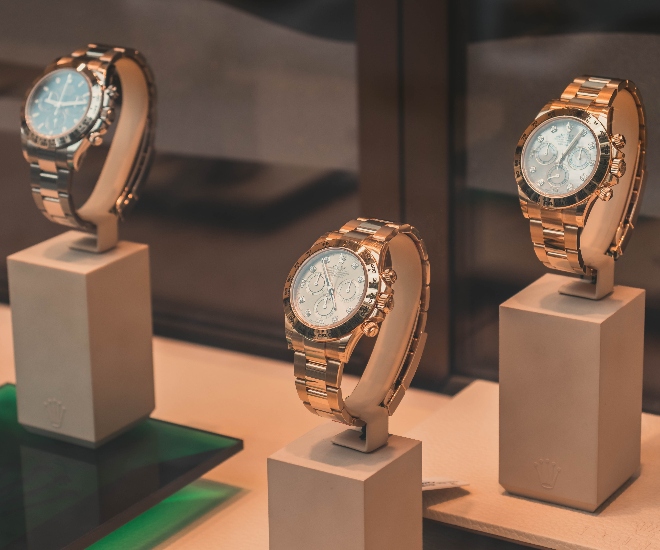Summer this year witnessed a flurry of mergers and acquisitions in the world of luxury goods. Amidst the dreamy backdrop of summer travel, significant power moves were made, including the French Kering group’s acquisition of perfume house Creed and the American Tapestry group’s purchase of London-based fashion group Capri Holdings. However, the grand finale of the season came as a shock to the international horology community, with Swiss watchmaking giant Rolex ending its century-long partnership with the family-owned Bucherer in a landmark acquisition of the world’s largest watch dealer.
Both Rolex and Bucherer have a history of challenging conventions in an industry closely watched by craftsmen and consumers alike. In the early 1900s, Rolex founder Hans Wilsdorf and Bucherer founder Carl F. Bucherer were young European watchmakers-turned-entrepreneurs who played pivotal roles in popularizing wristwatches, redefining ownership and desirability of timepieces. Their enduring partnership has spanned generations and left an indelible mark on the world of watchmaking.
Bucherer boasts over 100 stores worldwide, 53 of which are authorized Rolex dealers and official after-sales service centers. While Rolex has stated that Bucherer will continue to operate independently under its name, concerns have arisen regarding potential changes in how Rolex interacts with consumers and existing retail partners. In theory, Rolex could leverage Bucherer’s global reach to significantly increase direct-to-consumer sales, potentially leaving fewer opportunities for other watch dealers and creating a more integrated relationship with consumers.
Quality assurance has been a focal point for Rolex, with investments such as the establishment of the Lititz Watch Technicum in the United States. This watchmaking school was founded in response to a shortage of watchmakers following the rise of quartz watches in the 1980s. Many of its graduates have gone on to pursue careers with Rolex.
While Rolex insists that the acquisition will not lead to major changes in its relationships with other retail partners, watchmaking investors have shown apprehension. Share prices of London-listed watch-retail competitor Watches of Switzerland dropped by over a quarter within days of the acquisition announcement.
Rolex emphasizes that the acquisition was amicable and necessary, with Jorg Bucherer, the third-generation chairman, deciding to pass on his family’s legacy to a trusted partner due to a lack of fitting successors in the family. Jorg Bucherer, at 87 years old, is the last living person to have worked with Hans Wilsdorf.
Rolex characterizes the acquisition as driven by a desire to continue Bucherer’s success and maintain the close partnership forged since 1924, respecting existing relationships and the welfare of all Bucherer staff.
Whether the Bucherer acquisition will indeed reshape the international watch market remains to be seen. One thing is certain—Rolex will continue to wear the crown as a dominant force in the industry for years to come.







